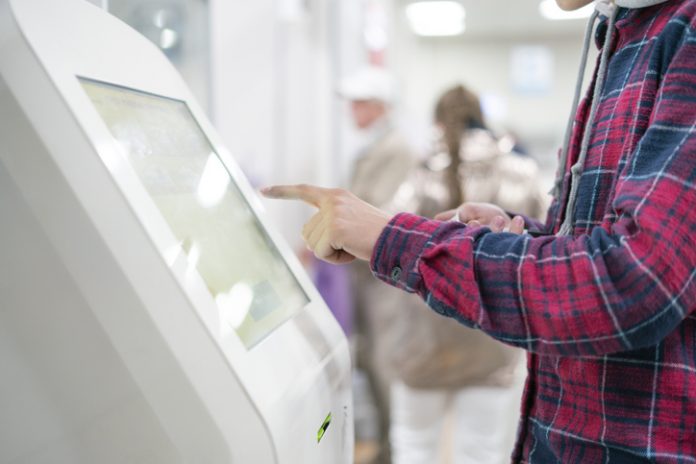The pandemic forced the acceleration of cashless, digital payments and some of the U.S. population now uses a form of digital wallet. For onsite restaurants, the shift towards digital payments and increased customer reliance on takeaway and delivery services resulted in many hotel guests not knowing how to tip or even whether a tip goes directly to the worker who served them. The removal of tip envelopes from guestrooms because of COVID-19 guidelines made it challenging for housekeeping staff to make hard-earned income, and the spas often struggled as well.
Now, lodging and hospitality owners are exploring the implementation of digital tipping solutions to retain employees for the long term.
U.S. businesses rely on tipping culture. It’s customary and even socially required for customers to tip their concierge, servers, valet drivers, hairdressers, nail technicians, and masseuses. In the past, this was as simple as pulling out some dollar bills or leaving behind some cash for staff you may never interact with, like housekeeping.
Over the years, there’s been a steady decline in people carrying cash. Instead, customers are relying on their debit and credit cards, digital services like Venmo and CashApp, and digital wallets have even made plastic unnecessary. In light of the COVID-19 pandemic, consumers have continued the switch to digital options; they feel more comfortable with features that allow them to not have to pass cash or cards back and forth with vendors.
With payment services moving into the digital realm, tipping should be the same. Hotels, hospitality, and other lodging businesses should do the same and turn to the technology platforms and systems available to allow tips to be left for staff.
With fewer customers carrying cash on them, it’s harder to leave tips for staff. If a customer doesn’t have cash, they simply don’t have a way to say thank you with money, unless they plan on spending their vacation hunting down an ATM or making a purchase at a convenience store for the sake of getting cash back. Frankly, it doesn’t happen, even though the pandemic has led to a greater appreciation for front-line workers and those in the service industry.
Many businesses have transitioned to digital point-of-sale (POS) systems made popular by food trucks and vendors at flea markets and craft fairs. Since many software platforms offer to do the calculation for the customer, they’re more likely to choose a higher percentage they would have chosen had they needed to do the math in their head. Of course, the intention is not to pressure a customer—there is always the option to not leave a tip or provide a custom tip.
By giving employees the opportunity to earn more tips and distributing it to them in a timely manner, managers are incentivizing them to not only work harder but enjoy their work. This is especially important during a time that the service industry is witnessing a labor shortage and is having difficulty hiring new workers. POS systems are able to separate personal from business transactions and simplify dealings with the IRS and its newer regulations about cashless services by creating reports for business owners and employees.
With these systems and technologies becoming more of the norm for businesses, they can include options for tips to be instantly dispersed to employees. Just like cashing out at the end of the night, there’s no more waiting for the end of a pay period to get their tips and management doesn’t have to worry about having enough cash to cash out at the end of the shift.
Traditions like tipping aren’t going away, but without businesses adapting to the changing landscape of spending habits of customers, it could be. As entrepreneurs and managers look to the future, they must adapt to changing technology and the opportunities available to them, including systems that are tailored to the hospitality industry. It is also critical to retain employees and increase positive morale every management team is striving for especially in this market.
About the Author
David Tashjian is the CEO of Tippy.











